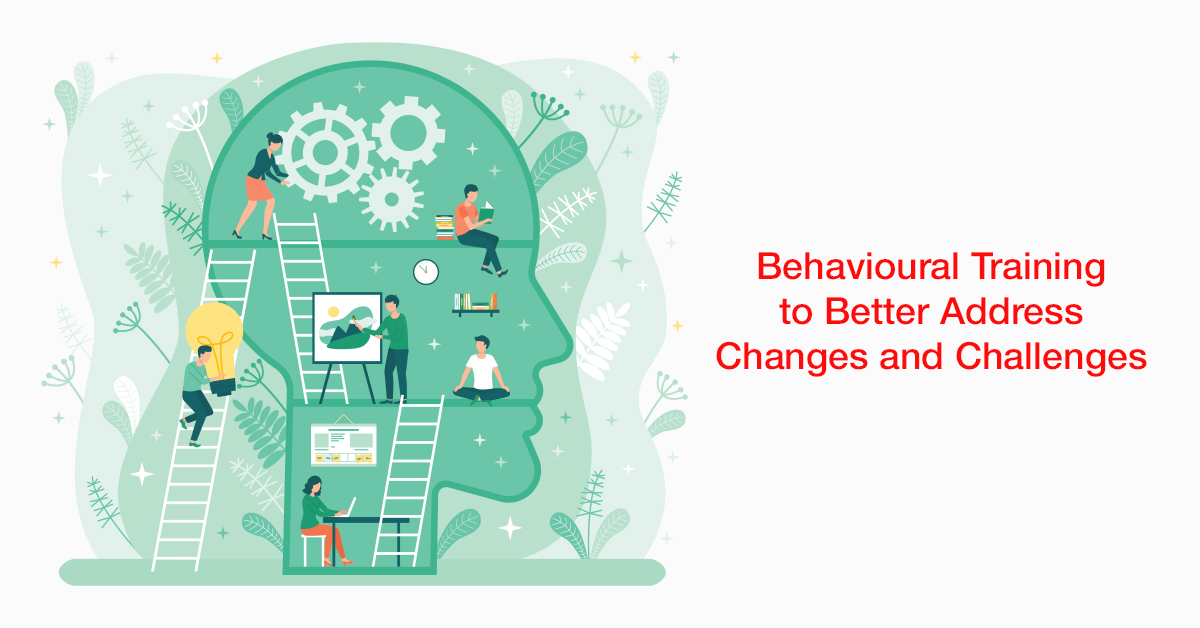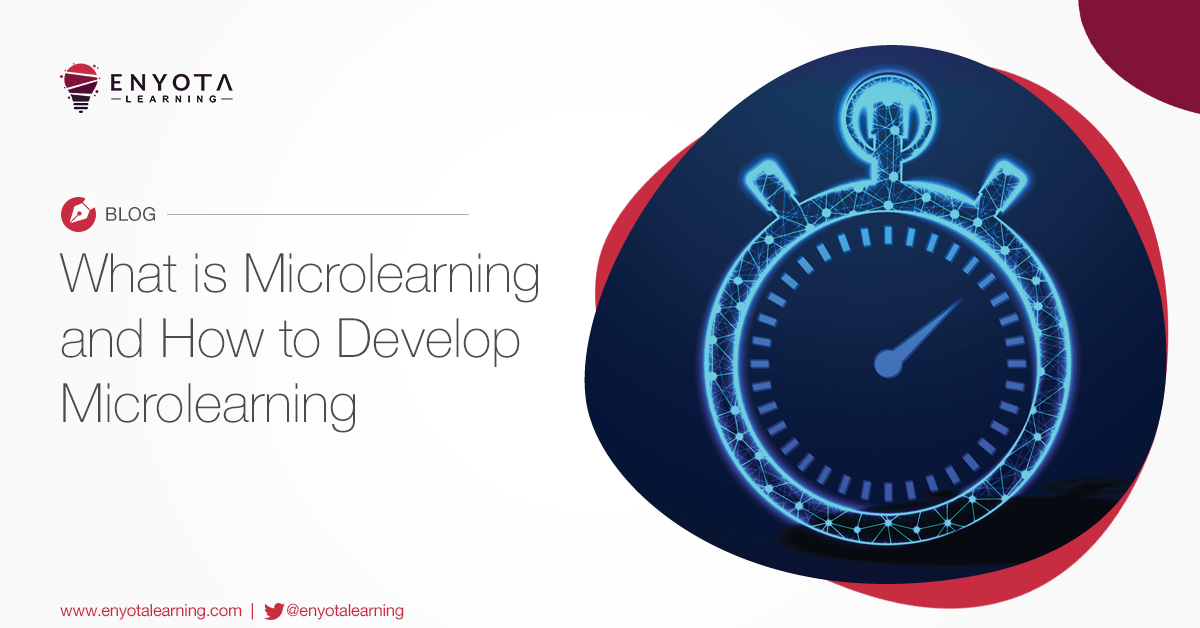
We are past the halfway mark in 2021 and it is time to revisit an old but interesting topic. Social learning theory. Till recently, the talks around social learning had gathered quite some momentum. And we are taking an in-depth look at the topic in this article. Why? Keeping the current global scenario in mind (lockdowns and social distancing) social learning is something that should not really be possible. Unless, it is somehow digitalized, and luckily for us it is!
What is and Who Developed the Social Learning Theory?
It is a concept of learning and development which is based on the cognitive theory of learning. That the learning process occurs by accepting or rejecting the observed behaviours of people in a social setting. People continue to learn and develop when presented with equal rewards or punishment called operant conditioning.
A psychologist named Albert Bandura proposed this theory. His theory stated that cognitive factors alongside experiences and reinforcement of facts aid the process of learning.
This theory is famously recreated in the experiment carried out by Albert Bandura called Bobo Doll Experiment. Psychologist Albert Bandura and his team verbally abused a doll in front of a group of pre-school children, who then went on to mimic the adult’s behaviour.
How Learning Occurs in Social Cognitive Theory?
Behaviourists originally proposed that learning takes place by enforcing accepted facts and experiencing environments. It is then that Bandura’s theory added that learning also takes place by observing other people.
One may never have driven a car or used a hammer. But everybody knows that the steering wheel guides the car and a hammer drives in a nail.
This is because people have observed other people performing some important actions frequently. As a result, they already know what to do. Now, it’s just down to getting hands-on experience.
The Importance of Social Learning in Today’s Workplace
The importance of social learning at the workplace has doubled since the global lockdown. Socializing with colleagues and peers was once an integral part of the day in the life of an office-going employee. Many learned the corporate ropes by either interacting with peers or observing superiors.
The current scenario has put a major stop to this. But that doesn’t mean socializing or learning through social interactions will or should stop as well.
Social learning can still exist albeit over a learning management system where informal learning and information flow will continue to flourish as a digital format of social interactions and learning.
Importance of Social Learning at Work
Supports a Wide Array of Learning Behaviour
Some people prefer learning by observing while others may learn by experience. As social learning relies on peer-to-peer knowledge transfer, it broadens the funnel of information receiving. Pinpointing knowledge transfer in a social setting can be tedious. But, there is no doubt that information transfer is a huge part of any social interaction.
The very dynamic nature of any social interaction governed by many different factors makes it easy for people with varying learning needs to learn in a friendly environment. It acts as a great supplement to formal learning and development.
Carries an Element of Socializing
People complain about the missed social interactions they once enjoyed. However, eLearning and the LMS have something to contribute here.
In times such as now, where peer-to-peer interactions are on a decline, having a full-functioning social feature on your LMS will only assist with information flow and meaningful corporate conversations.
Conversing with peers is a big part of social learning. Implementing any form of social learning in a controlled and monitored environment like an LMS will keep the learners stimulated and not lock them out of their once familiar work environment.
Increases the Speed and Retention of Information
Social learning also covers an important aspect of information transfer between peers, where one has already found the solution to an existing challenge and is readily sharing it with others. This helps reduce the time spent by others on researching the same topic.
The other side to this phenomenon is that the solution found by one will greatly resonate with others and last longer. As peers share common obstacles and challenges, the solution that one finds should theoretically work well for others as well.
An established social link will facilitate and encourage employees to share more relevant information with greater speed. Each employee acts as a node of knowledge transfer in this link. This scenario may appear too idealistic for the real world. However, it is something that defines a healthy corporate learning environment and is something that every L&D team must strive towards at their workplace.
Social learning does agree with intrinsic reinforcement. Where helping others will positively ensure help for yourself.
Supports Peer-to-Peer Motivation
As discussed earlier, operant conditioning plays a huge role in training employees in the social learning framework. Good performance is rewarded and bad is looked down upon. In the social learning framework, making an example of the good performers is a huge part of the learning process. Employees are motivated when others are rewarded. And somewhere, they wish to succeed as well.
How Can We at eNyota Help?
We are a custom eLearning development and design house that specializes in converting your training content into engaging and result driven eLearning courses. As an organization interested in adopting a social learning framework, you can use our custom development services to provide the eLearning content needed to train and develop your employees.
We also license our advanced learning management system, Abara LMS, with social learning features and more. If you’re interested in knowing more about our eLearning offerings or the learning management system, reach out to us at contact@enyotalearning.com or click hereasa to fill a short call-back form.
[/fusion_text][/fusion_builder_column][/fusion_builder_row][/fusion_builder_container]



